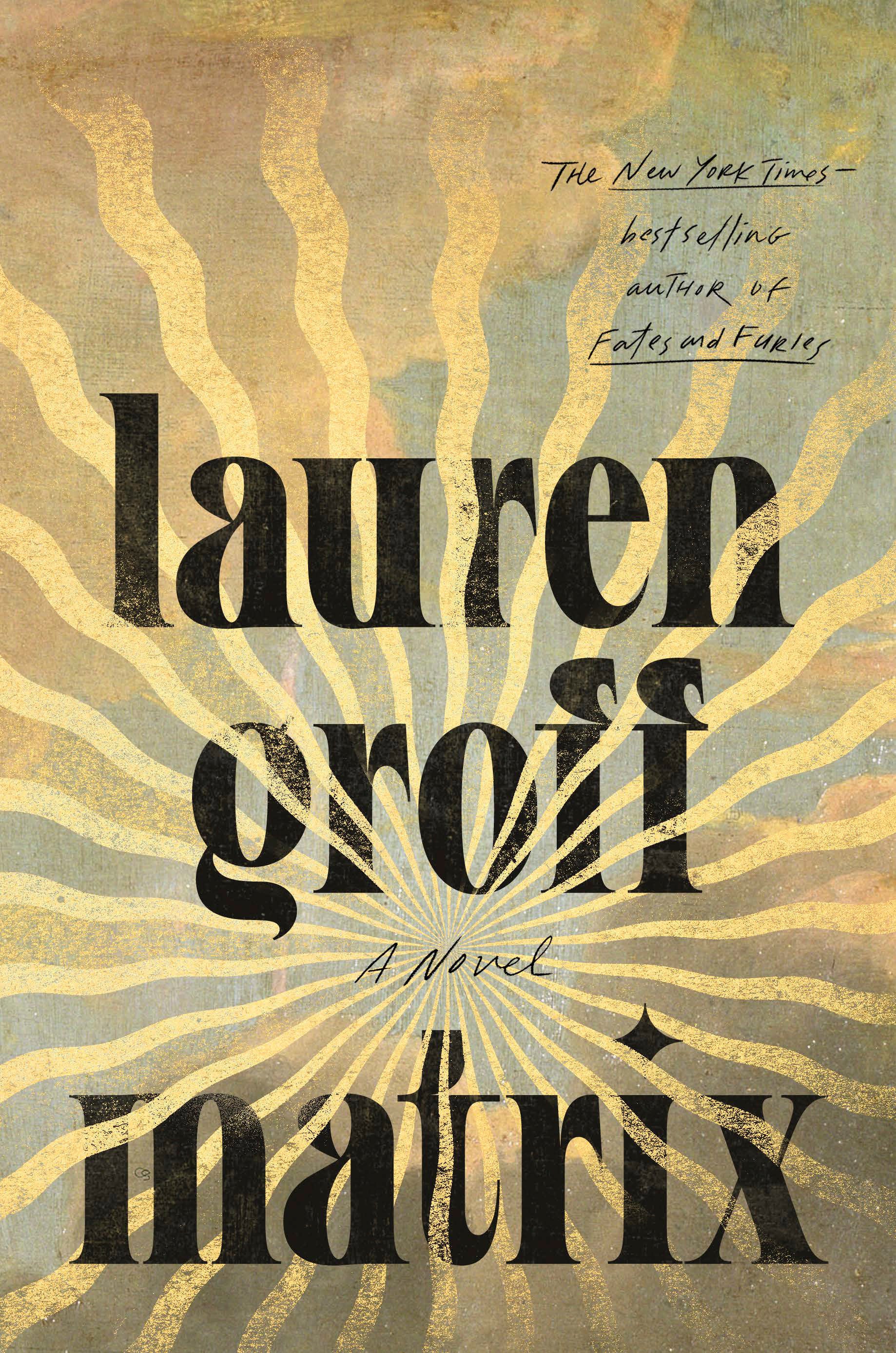Review: 'Fates and Furies' author sets new novel in nunnery
Lauren Groff, the bestselling author of “Fates and Furies,” has written a new novel called “Matrix.”

Your support helps us to tell the story
From reproductive rights to climate change to Big Tech, The Independent is on the ground when the story is developing. Whether it's investigating the financials of Elon Musk's pro-Trump PAC or producing our latest documentary, 'The A Word', which shines a light on the American women fighting for reproductive rights, we know how important it is to parse out the facts from the messaging.
At such a critical moment in US history, we need reporters on the ground. Your donation allows us to keep sending journalists to speak to both sides of the story.
The Independent is trusted by Americans across the entire political spectrum. And unlike many other quality news outlets, we choose not to lock Americans out of our reporting and analysis with paywalls. We believe quality journalism should be available to everyone, paid for by those who can afford it.
Your support makes all the difference.“Matrix,” by Lauren Groff (Riverhead Books)
Little is known about Marie de France, a 12th century poet who lived in England but is known for the romances and fables she wrote in French From a handful of facts, Lauren Groff has written a richly imaginative account of her life that casts her as a mystic, warrior and proto-feminist separatist.
The story begins with a cinematic flourish: A teenage Marie “rides out of the forest alone” to oversee an impoverished abbey in England. She has been banished from the court of Eleanor of Aquitaine and will spend her early days at the convent pining for the love, music and laughter of the court at Westminster.
Eventually, she will buckle down and transform the filthy, disease-ridden place into a prosperous “island of women,” “self-sufficient, entire unto themselves.” Groff, the bestselling author of “Fates and Furies,” brings to vivid life the appalling conditions of the period, such as burying the sick “crown to toe in warm manure” to cure them. Yet she also finds much to admire in the rituals and rhythms of a monastic life devoted to prayer — and not an insignificant amount of steamy sex.
Groff has said she fastened on the figure of Marie de France after being inspired by a lecture on medieval nuns in the middle of the Trump administration, when she was exhausted and “just wanted to live in a female utopia.” The book is dedicated to “all my sisters” and infused with 21st century concerns such as gender dynamics, misogyny, sexual violence and climate change.
Woven together are historical facts — the Crusades and papal interdicts — and Marie’s ecstatic visions of the Virgin Mary who instructs her how to build an impregnable fortress, complete with its own labyrinth and water supply.
Groff put a lot of thought into the title, “Matrix,” which derives from the Latin for “mother.” As she says, it’s also a grid, bedrock and organizational structure that holds a pattern, in this case for a radically egalitarian community in which the least is exalted and women rule.
Early in the novel, Marie recalls the moment when Eleanor appeared in her doorway to banish her from court, clad in sable-lined robes, jewels dripping from ears and wrists, and wearing perfume “strong enough to knock a soul to the ground.” Groff writes, “Her intention was always to disarm by stunning.” The same could be said for the novelist, who uses her abundant storytelling gifts to knock her readers to the ground.